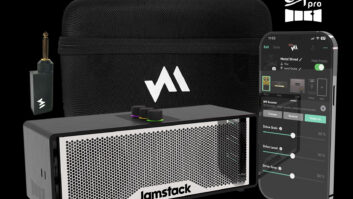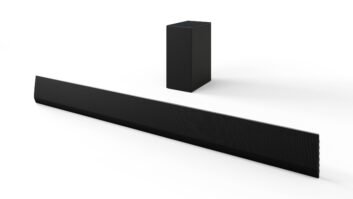Washington – Dish
Network presented its case to the government that it should be able to
repurpose its 2GHz satellite spectrum for terrestrial wireless broadband, but
the satellite-TV provider asked the Federal Communications Commission (FCC) in
a filing to relax its proposed rollout schedule.
The FCC wants Dish to offer service to 30
percent of the population in three years of approval and offer service to 70
percent of the population within seven years of approval. Dish is seeking
approval for a four-year interim build-out with a four-year target of reaching
60 million people with service, or about 20 percent of the U.S. population
based on the 2010 U.S. Census.
Dish’s proposal would push back the FCC’s
interim service goal into late 2016 at the earliest.
Dish also wants the final seven-year build-out
requirement to be scaled back to markets with a population of 200 million
people, or about 65 percent of the 2010 U.S. population, from the FCC’s
proposed 70 percent of the population.
Dish requested service goals by numerical population
rather than by percent of population because a percentage would use “a figure
potentially subject to interpretation,” the company noted.
Even with the extra year for an interim build-out,
“a more stringent interim build-out requirement on new licensees has never been
imposed by the commission and successfully met by new [mobile wireless]
licensees,” the company said.
In its filing, Dish said that in order for
it to “succeed over the long term, Dish must expand beyond offering linear video-distribution
services and provide consumers with bundles that include fixed as well as
mobile video, voice and data.” In making its case that it is capable of
building a terrestrial network, the company said its “knowledge and expertise
in the satellite industry will allow it to further maximize the potential of
the MSS (mobile satellite service) assets it has acquired from DBSD and
TerreStar. And the commission’s proposal to modify Dish 2GHz licenses to allow
terrestrial use under new [service] rules will help Dish efficiently and
competitively enter the market to maximize the use of the S-band for mobile
video, voice and broadband services for American consumers.”
Dish made its comments as part of the
commission’s proposed rulemaking to repurpose the satellite spectrum for
terrestrial wireless broadband. Initial comments on the proceeding were due May
17. Replies are due June 1. The commission will rule sometime after June 1.
In its comments, Dish
noted that a final build-out requirement of 70 percent is more than what was
required of PCS-band licensees, who had 10 years to cover two-thirds of the
population. The three-year interim build-out proposed by the FCC “may require
inefficient use of technology or infrastructure to satisfy a regulatory
requirement as opposed to the more scalable and long-term investments needed to
launch a robust, competitive offering,” the company claimed.
Dish explained that it wants to launch with
LTE-Advanced, a faster version of the LTE technologies being deployed by
cellular carriers. Dish also pointed out that it is working with a world
standardization body to modify the standard for FCC service rules and S-band
satellite spectrum. That work won’t be complete until December 2012, the
company said, and it will take four years from that time to meet the interim
build-out goal “due to the complexity of creating a new, differentiated product
in a new and technically constrained band, and the requirement for sequential
development of chipsets and commercial devices.”
It will take four years to develop
infrastructure and end-user devices, service and billing systems to support new
mobile broadband services, develop support systems to meet regulatory
requirements such as E-911, build network operations centers, deploy S-Band
cell sites in trial markets, negotiate interconnection and backhaul agreements,
obtain IP addresses and telephone numbers, and implement other measures, the
company claimed. .
Dish also proposed less stringent penalties
for not meeting the build-out goals, including monetary penalties in other
actions instead of license forfeiture. Other proposed changes are technical in
nature.













